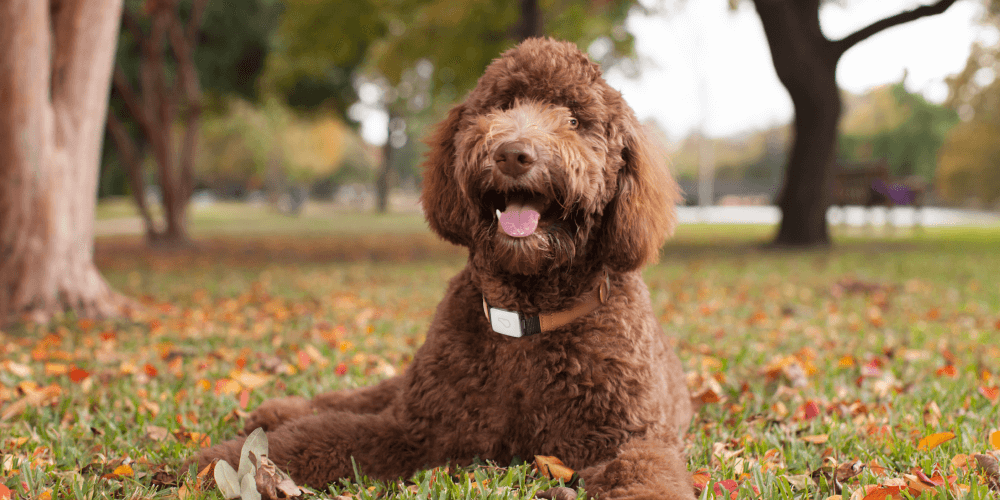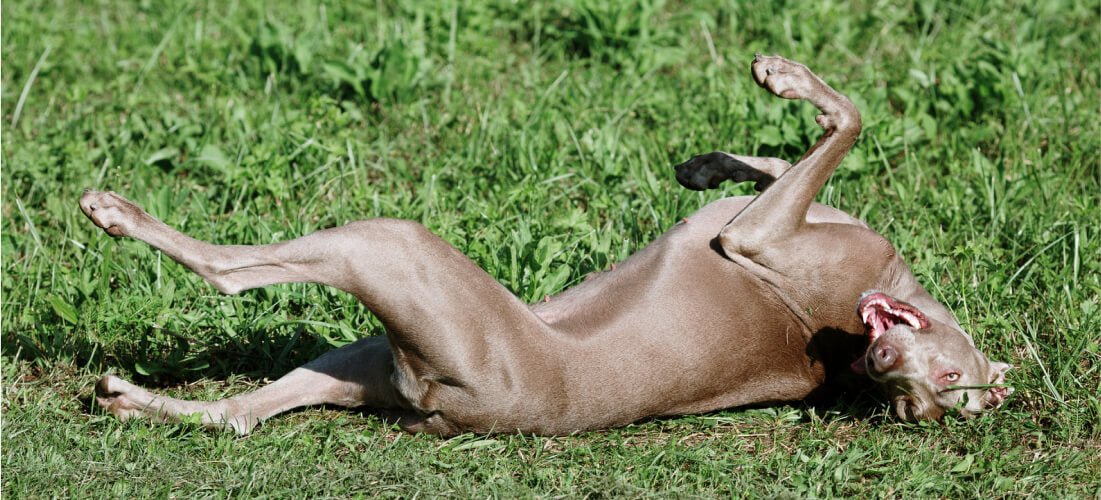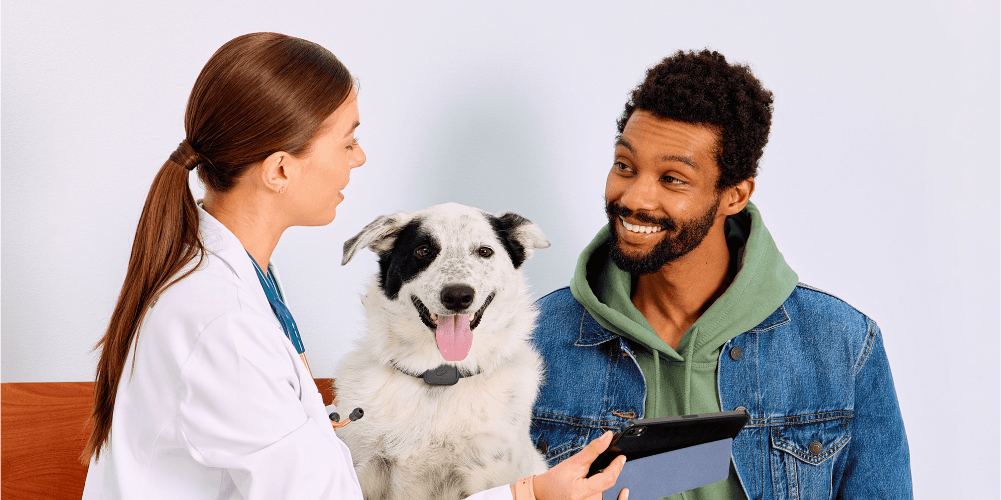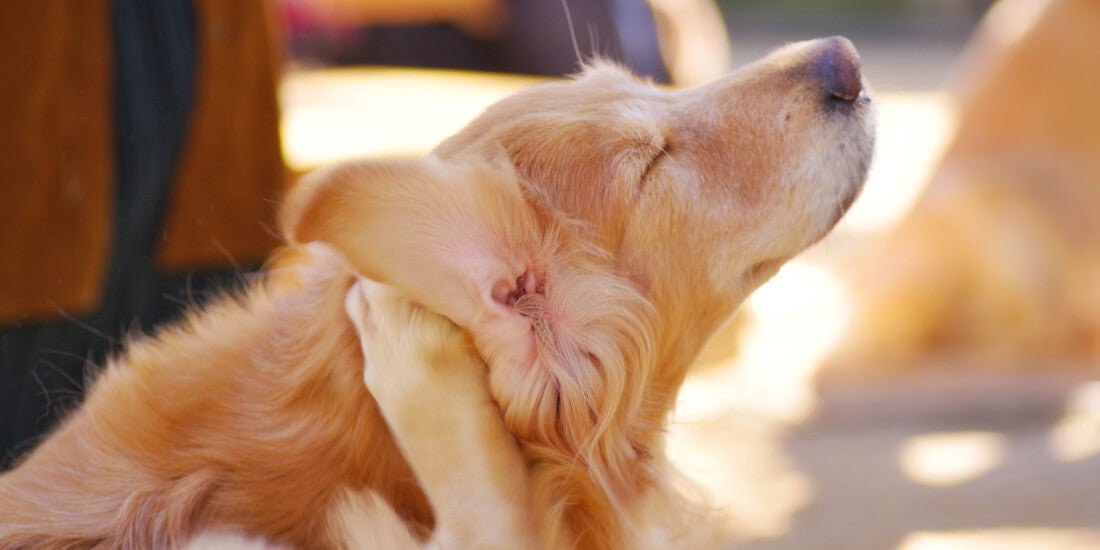11 possible reasons why your dog is panting

You walk in the door and your dog’s tongue is wagging nearly as much as their tail, and the panting catches you off guard. Is that… normal? If you’ve often wondered why your dog is panting, you’re not alone. And it turns out there are a ton of reasons—some healthy, some a little more concerning.
Here’s why dogs pant
Dogs pant because it helps them cool down, according to Dr. Joanna Gale, BVetMed, CertLAS, MRCVS, veterinarian and Senior Manager of Global Science Advocacy at Mars Petcare. “The large surface area of their tongue allows high levels of evaporation which has a cooling effect,” she explains. In healthy dogs, it’s normal to pant in hot weather or after exercising.
Panting can also be an expression of their psychological state, she says, as dogs will pant when they’re excited, nervous, or anxious.
Some panting is perfectly healthy, but in certain circumstances it can indicate an illness or sign of discomfort. Dr. Gale suggests the best way to tell the difference is to look at your pet’s other body language. “If they seem calm and relaxed, and the panting settles after a few minutes, then it is likely normal,” she explains. But if your dog’s face is tense, with their lips and ears pulled back, with their eyes wide showing the whites of their eyes, that’s a good sign they’re distressed in one way or another. Their tongue can also be key: a floppy tongue says “I’m happy and chill,” while a curled tongue can be a sign they’re not doing so well.
OK, but why is my dog panting so much?
If you notice your dog seems to be panting a bit more than usual, it’s natural to wonder what’s going on there. Elevated panting can happen any time your dog’s body temperature gets raised, whether that’s from activity, fever, or heatstroke. Conditions that cause breathing difficulties can also lead to more panting, as can being overweight. Here are some of the most common causes of panting in dogs:

- Excitement. We’ve already covered that excitement can make your dog pant. If you’ve just come home or pulled out their favorite toy, the panting is probably normal.
- Being warm. If your pet’s been lounging in the sun and then relocated to the shade huffing and puffing, they’re likely just cooling off.
- Recent exercise. When you go for a run, your breathing increases. The same is true for dogs. Give them a chance to cool off before jumping into your next game of fetch.
- Being overweight or obese. Additional fat in the chest area can make it harder for dogs to breathe, Dr. Gale says, and it also makes them more likely to get hot, which can lead to panting. If your pet is carrying extra weight, talk to your vet about steps you can take to get your dog to a healthy weight. The good news: A Whistle Go Explore device makes it easy to accurately track how many calories your dog is burning, and the Whistle Food Portion Calculator helps you determine exactly how much to feed your dog.
- Overheating. As we mentioned, panting is one of the first signs that your dog is getting too warm. If your dog gets overheated, that panting can continue. “Pay close attention to your dog’s facial expression and demeanor when panting,” Dr. Gale says. If their panting calms down after a few minutes, they’re probably OK. But if they’re tense, it’s time to take action. Move your pet to the shade, and apply cold water to your pet’s body repeatedly, Dr. Gale says. If you’re concerned they may have heatstroke, call your veterinarian ASAP. Signs of heatstroke include heavy drooling, bright red tongue and gums, racing pulse, and limbs that are hot to the touch.
- Poisoning. While panting alone won’t likely be enough information to diagnose poisoning, panting can be one symptom. If your dog ingested antifreeze or made mouth contact with a toxic toad (like the marine toad or desert toad) their breathing rate might increase. But you’ll likely notice other, more significant signs, such as vomiting, diarrhea, or in the case of toads, pawing at their mouth.
- A medication side effect. Some medications, like steroids, can cause your dog to pant. “You should always report changes in behavior when your pet is on new medication,” Dr. Gale says. Your vet can help you figure out whether you need to be concerned. But whatever you do, don’t just stop the medicine cold turkey. You’ll want to consult your vet before making any changes.
- Brachycephalic syndrome. Dogs with characteristically “smushed” faces are often referred to as brachycephalic breeds, meaning shortened head. The physical changes that make up these shorter snouts can lead to what’s called brachycephalic syndrome, characterized by breathing difficulties that make a dog more likely to breathe through their mouth than their nose, hence the increased panting. For dogs with mild versions of the syndrome, it can usually be managed by keeping weight down, limiting exercise intensity, and keeping them out of the heat.
- Cushing’s disease. Cushing’s disease is an issue where your dog’s adrenal glands produce too much of certain hormones. The most common symptoms are an increase in hunger and thirst, as well as peeing more often. Panting can accompany these and other symptoms.
- Pneumonia. If your dog sounds like they’re struggling to breathe or is breathing more rapidly, it could be a sign of pneumonia. High fever, lethargy, and coughing are also common symptoms. Your vet will run a series of tests to confirm.
- Pain or injury. “When dogs are anxious or in pain they will often pant more than usual, as a physiological response,” Dr. Gale says. If you can’t find another likely cause for your pet’s panting, it may be worth scheduling a vet visit to see if an injury or illness can be found.
When to ask a vet about your dog’s panting
“Panting alone, for short periods, isn’t usually a cause for concern,” Dr. Gale says.
But if that panting continues or is accompanied by other symptoms, it’s worth checking in with your vet. Don’t forget, you can also use the Chat With a Vet feature from your Whistle app.
--
Colleen Stinchcombe is a freelance writer with two dogs. She writes about pets for Whistle Labs, Rover, and Woman’s Day.











